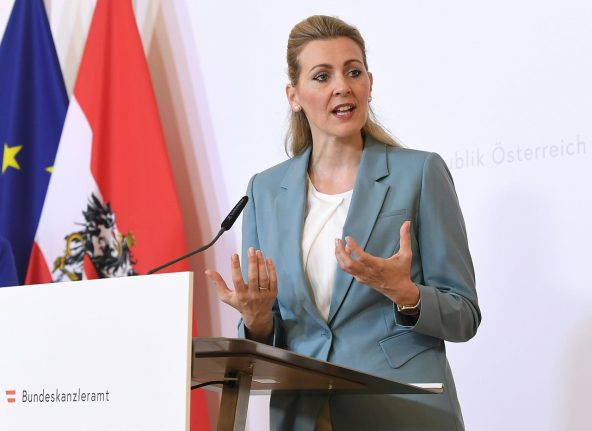A review of government ministers’ investment holdings by daily Aftonbladet has revealed that 13 of Sweden’s 24 ministers own shares in funds that finance Lundin Petroleum, which has shaken feathers at the Riksdagen.
Among those involved are prime minister Fredrick Reinfeldt, foreign minister Carl Bildt and EU minister Birgitta Ohlsson.
When confronted with the allegations, Ohlsson claimed she was fully aware of the holdings in her investment portfolio, and acted immediately.
“I have chosen to do my part by selling all of my funds,” she told the paper on Tuesday.
“There are probably many who were unaware of this. It’s about Sweden’s most common funds which own shares in several hundred companies that are continuously being replaced.”
Meanwhile, political scientist Ulf Bjereld argued that politicians have a “moral responsibility” to watch over their own portfolios.
Lundin Petroleum has come under fire on several occasions, notably after they allegedly broke international law with crimes against humanity in South Sudan between 1997 and 2003.
Other ministers have refused to comment on the matter, according to Aftonbladet, and Reinfeldt’s press secretary has stated that he does not believe ministers should comment on their personal portfolios.


 Please whitelist us to continue reading.
Please whitelist us to continue reading.
Member comments